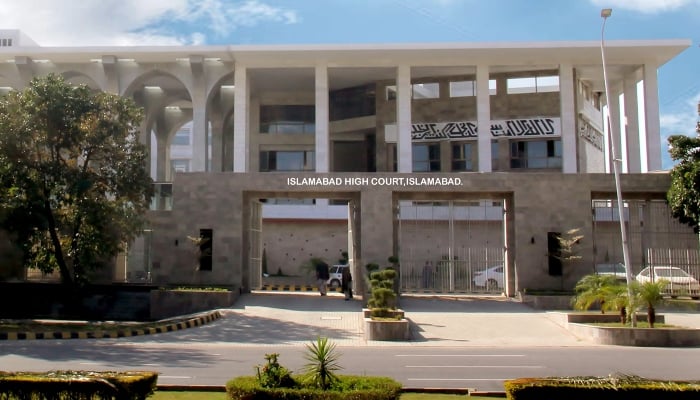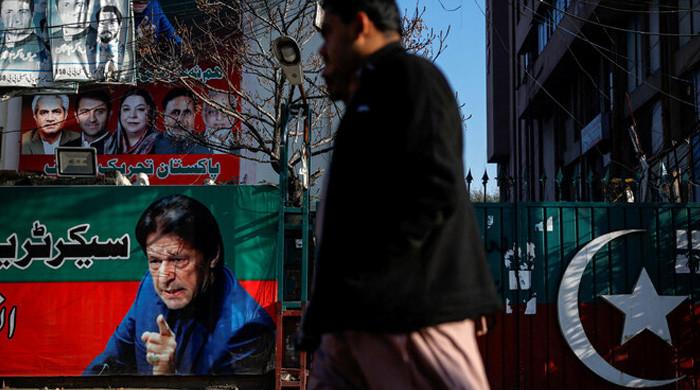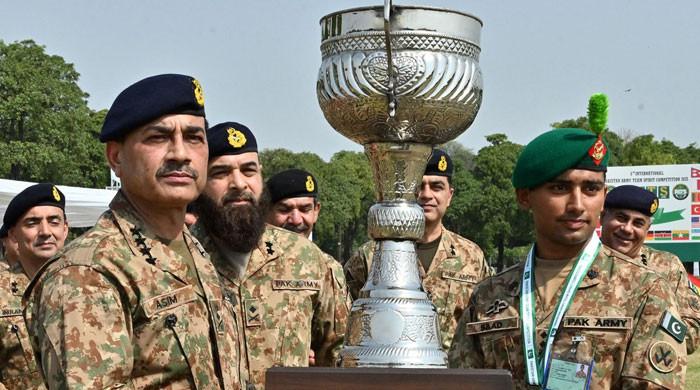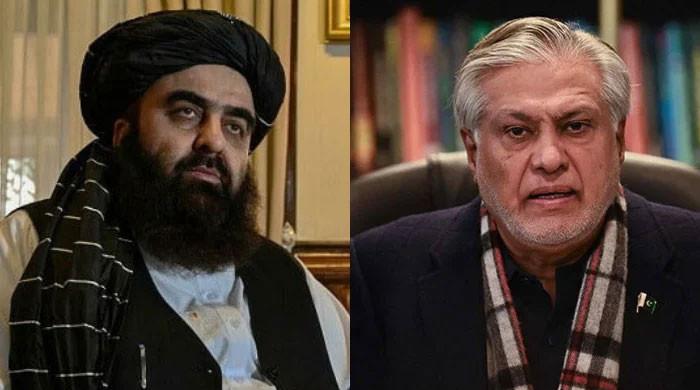Political cases dominate Islamabad High Court in 2024
Court rules on key political cases, addresses missing persons issue, and ensures justice
December 30, 2024

In 2024, Islamabad High Court (IHC) saw an overwhelming number of political cases, including constitutional petitions and appeals filed by Pakistan Tehreek-e-Insaf (PTI) founder Imran Khan as well as his party.
Despite facing intense criticism, the court provided relief, issuing key rulings on these cases.
The court acquitted the PTI founder and his key aide Shah Mahmood Qureshi in the cipher case, overturning the decision of the special court. It also suspended the sentences for the PTI founder and his spouse Bushra Bibi in the Toshakhana I case, while granting them bail during the trial in the Toshakhana II (Bulgari set) and £190 million cases.
A petition to disqualify the PTI founder over the alleged non-disclosure of his daughter, Tyrian White, was dismissed.
In a notable move, the IHC facilitated the recovery of about 90 missing persons, including poet Ahmad Farhad and the PTI founder’s focal person, Intizar Panjutha, while 95 Baloch students were reported missing.
A larger bench was formed to hear the Baloch missing students’ case, with caretaker prime minister Anwaar-ul-Haq Kakar summoned for court proceedings.
In another key decision, Islamabad’s deputy commissioner was sentenced to six months in prison, while the SSP was given a four-month sentence for their role in the detention of PTI leader Shehryar Afridi.
The court also ruled against the Pakistan Electronic Media Regulatory Authority’s (Pemra) ban on court reporting, allowing media outlets to cover judicial proceedings.
Additionally, the court ordered telecom companies to refrain from recording consumer phone calls in the audio leaks case, ensuring the protection of privacy.
This year, the IHC also expanded its bench from nine to 12 judges.











